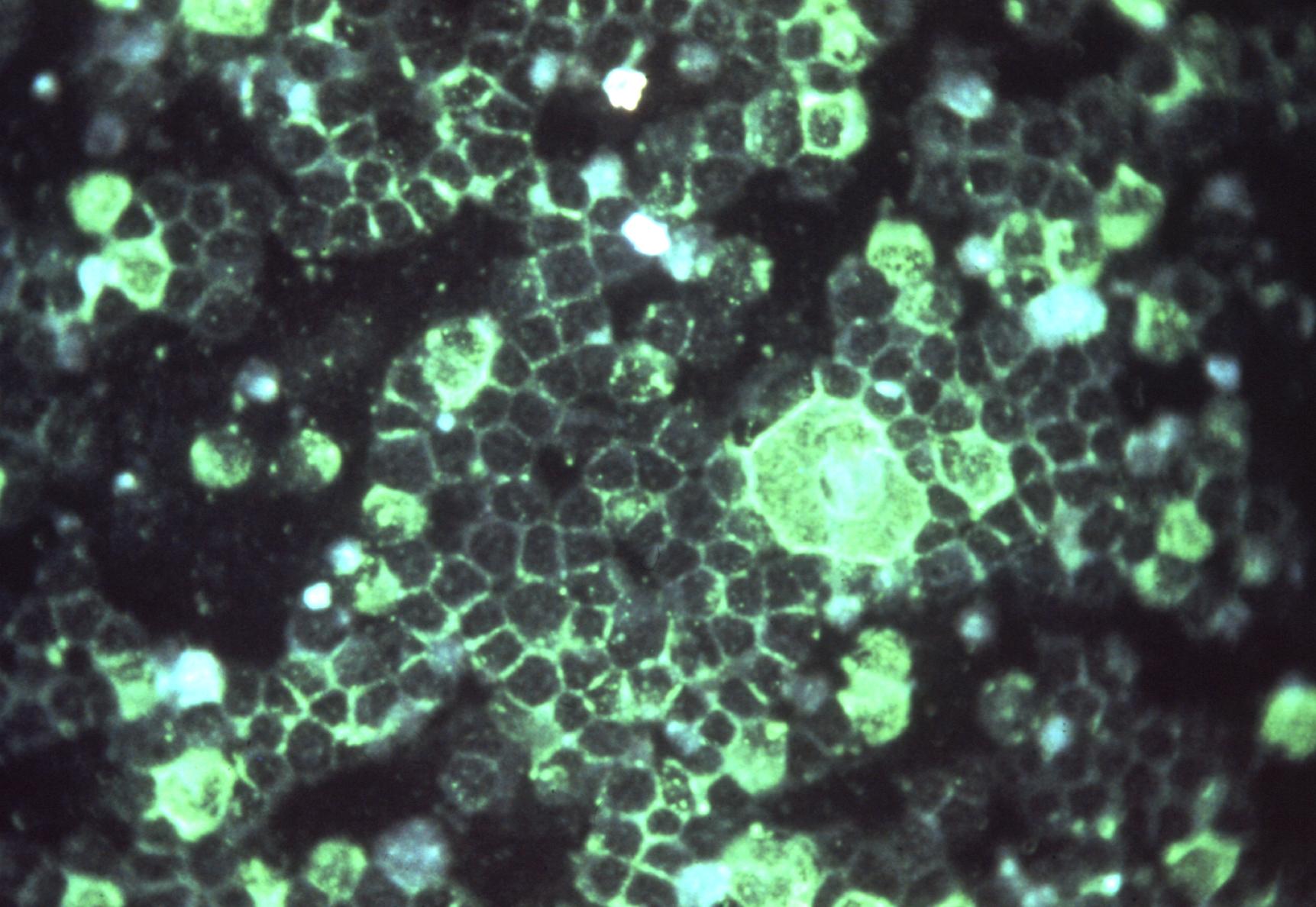Intranasal immunisation with recombinant adenovirus vaccines protects against a lethal challenge with pneumonia virus of mice
Pneumonia virus of mice (PVM) infection of BALB/c mice induces bronchiolitis leading to a fatal pneumonia in a dose-dependent manner, closely paralleling the development of severe disease during human respiratory syncytial virus infection in man, and is thus a recognised model in which to study the pathogenesis of pneumoviruses. This model system was used to investigate delivery of the internal structural proteins of PVM as a potential vaccination strategy to protect against pneumovirus disease. Replication-deficient recombinant human adenovirus serotype 5 (rAd5) vectors were constructed that expressed the M or N gene of PVM pathogenic strain J3666. Intranasal delivery of these rAd5 vectors gave protection against a lethal challenge dose of PVM in three different mouse strains, and protection lasted for at least 20 weeks post-immunisation. Whilst the PVM-specific antibody response in such animals was weak and inconsistent, rAd5N primed a strong PVM-specific CD8(+) T cell response and, to a lesser extent, a CD4(+) T cell response. These findings suggest that T-cell responses may be more important than serum IgG in the observed protection induced by rAd5N.
Back to publications
